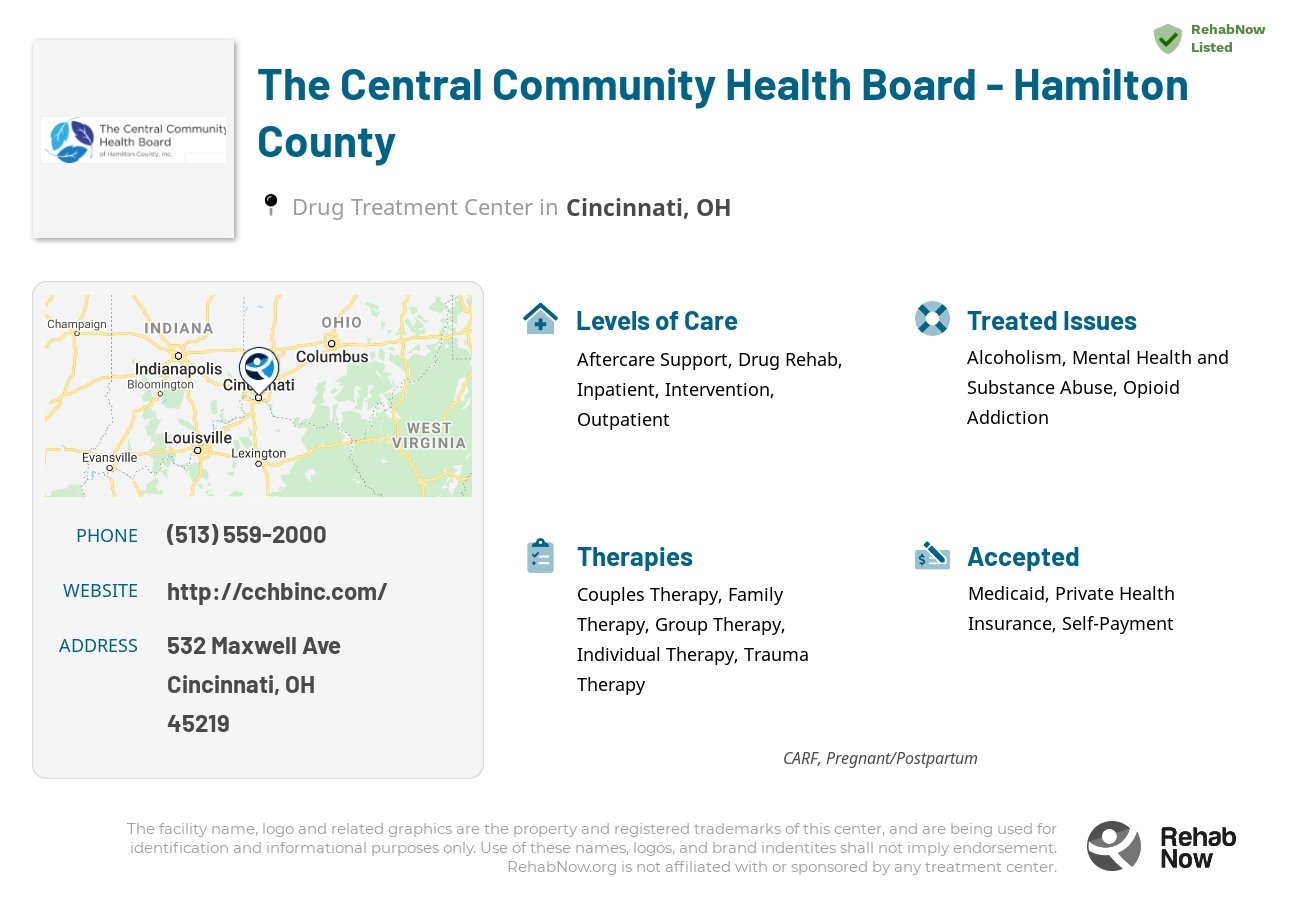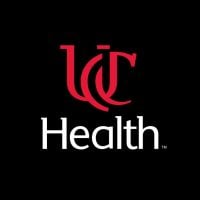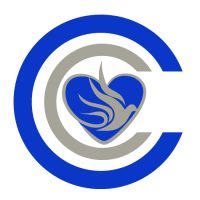The Central Community Health Board - Hamilton County
Drug Rehab Center in Cincinnati, Ohio
The Central Community Health Board - Hamilton County is a leading provider of health and human services in Cincinnati, Ohio, offering a range of medical and mental health services, addiction and substance abuse recovery, outpatient and inpatient care, and family planning, among others, and is dedicated to providing essential care for those in need.
About This Ohio Facility
The Central Community Health Board - Hamilton County, established in 1970, is an addiction treatment facility located in Cincinnati, Ohio. This facility specializes in helping individuals with alcoholism, opioid addiction, dual diagnosis, and drug addiction. The Central Community Health Board - Hamilton County is accredited by CARF, which demonstrates their commitment to providing high-quality treatment services. They accept private health insurance, making their services accessible to a wide range of individuals seeking treatment.
At The Central Community Health Board - Hamilton County, individuals can find a range of services to support their addiction and substance abuse recovery. They offer aftercare support, which ensures that individuals receive continued support and resources to maintain their sobriety after completing treatment. The facility provides drug rehab services to assist individuals in overcoming their addiction, utilizing evidence-based practices and personalized treatment plans. They offer inpatient services for those in need of a structured and supportive environment during recovery. Additionally, The Central Community Health Board - Hamilton County provides intervention services to help families and loved ones effectively communicate their concerns and encourage individuals to seek help. Outpatient services are also available, allowing individuals to receive treatment while maintaining their daily responsibilities and routines.
Genders
Ages
Modality
Additional
Accreditations

CARF
The Commission on Accreditation of Rehabilitation Facilities (CARF) is a non-profit organization that specifically accredits rehab organizations. Founded in 1966, CARF's, mission is to help service providers like rehab facilities maintain high standards of care.
Conditions and Issues Treated
Opioid Addiction Treatment supports people recovering from addiction to prescription drugs as well as illegal opioids. This is a hospital-based or residential treatment. Depending upon one’s age, detox without the appropriate medication may be unpleasant or even dangerous–some get body aches, fever, chills, while others may even have seizures.
Opioid treatment involves medically assisted detox, physical and mental support. Most rehabilitations use an array of treatments to ensure overall wellbeing, such as Medication-assisted therapy (MAT) in which one gets behavioral therapy, medicines, and counseling. A client-centered approach can reduce one’s chances of relapse. Therapists at work with the client to figure out environmental and behavioral triggers, giving them the power to change the patterns.
Levels of Care Offered at The Central Community Health Board - Hamilton County
This center offers a variety of custom treatment tailored to individual recovery. Currently available are Aftercare Support, Drug Rehab, Inpatient, Intervention, Outpatient, with additional therapies available as listed below.
An inpatient is a person who stays in a hospital or rehab center during treatment. For alcohol- and drug-dependent individuals, inpatient rehabs provide individualized around-the-clock services. Inpatient treatment programs address a person’s unique physical, medical, and psychological needs. A team of experts assess the severity of the addiction and design a highly tailored program. typically, the length of stay in an inpatient facility in Cincinnati, OH is 30 days. Those with severe addiction may need to stay at the facility for 60 to 90 days.
Outpatient rehabilitation is a treatment that exists if a patient is not checking into The Central Community Health Board - Hamilton County long term. In addition to helping them recover, the patient attends regular therapy sessions and detox and participates in other therapies. However, this is all primarily done from home. As a follow-up to inpatient treatment, outpatient treatment is usually recommended.
After rehabilitation, it helps people return to their everyday lives. It may also be an alternative to inpatient care in some situations. If they cannot leave their jobs, children, or don’t have the money for inpatient care, people can choose this method. Inpatient therapy, however, is the best method and most suggested level of treatment offered by The Central Community Health Board - Hamilton County in recovering from addiction.
Intervention services are designed to help loved ones of an individual suffering from alcohol or drug addiction. They aim to help the individual realize that their behavior is causing damage, and external help is crucial to handle their problem efficiently.
Treatment for substance abuse does not cease after an individual successfully completes a detox or rehabilitation program. A vital follow-up treatment service is aftercare support provided to individuals at The Central Community Health Board - Hamilton County in Ohio after they attain initial sobriety.
Aftercare support often takes the following forms: 12-Step Programs, Outpatient Treatment Programs, and Support Groups. The most effective aftercare programs are tailored to meet an individual’s specific needs and circumstances.
Therapies & Programs
Individual therapy involves one on one sessions between the patient and the therapist at The Central Community Health Board - Hamilton County. Individual therapy provides patients with a safe environment where they can openly discuss their problems with the therapist. The patients find the therapist as a person who they can trust. It helps them to open up and discuss personal and sensitive issues, which they may not be comfortable discussing in a group setting.
Individual therapy aims to identify the core issues that would have led the patient to substance abuse and address the root cause effectively. The therapist can develop patient-specific customized solutions through individual therapy, which aids speedier recovery.
Addiction and alcoholism always harm an addict’s relationships with others and none more than relationships with a spouse or partner. Couples therapy is an essential part of restoring trust and good communication to intimate relationships harmed by addiction. Couples therapy by The Central Community Health Board - Hamilton County helps repair the damage done to these important relationships.
Recovery can be more effective if the entire family’s involved. Family therapy hosted by The Central Community Health Board - Hamilton County brings in the addict’s family to explore genetic factors. It gives loved ones the tools for dealing with addiction and its underlying mental issues. It is a recommended step in helping addicts adapt to sober living.
Trauma is one of the most common causes of psychological disorders. It’s often found in people with addiction diagnoses. Trauma therapy addresses this by examining the emotions and thoughts people have formed due to past traumas. Traumas are complex but trauma therapy can reduce their ability to contribute to addictive behaviors.
Payment Options Accepted
For specific insurance or payment methods please contact us.
Is your insurance accepted?
Ask an expert, call (888) 674-0062
The Central Community Health Board Associated Centers
Discover treatment facilities under the same provider.
- The Central Community Health Board - Addiction Treatment in Cincinnati, OH
- The Central Community Health Board - Crisis Stabilization in Cincinnati, OH
Learn More About The Central Community Health Board Centers
Additional Details
Specifics, location, and helpful extra information.
Cincinnati, Ohio 45219 Phone Number(513) 559-2000 Meta DetailsUpdated November 25, 2023
Staff Verified
Patient Reviews
There are no reviews yet. Be the first one to write one.
Cincinnati, Ohio Addiction Information
Ohio is suffering from a drug abuse problem that is costing thousands of its residents their lives every single year. Opioids, particularly Fentanyl and heroin, are the leading drugs in the state. The state ranks in the top 10 for illicit use of painkillers. Opioid-related overdose rates in Ohio are by far some of the highest in the country.
In Cincinnati, OH, more than 400 drug-related deaths were in 2016. There were over 5 million drug prescriptions written in 2015. This is a 20% increase from 2010. Drug addiction and abuse can lead to crime and violence and harm public health. Inpatient treatment facilities provide around-the-clock care and supervision. 12-step programs, such as Alcoholics Anonymous or Narcotics Anonymous, are widely available in Cincinnati.
Treatment in Nearby Cities
- West Union, OH (56.4 mi.)
- Wauseon, OH (168.1 mi.)
- Pomeroy, OH (132.5 mi.)
- Oak Harbor, OH (178.9 mi.)
- Chesterland, OH (234.6 mi.)
Centers near The Central Community Health Board - Hamilton County
The facility name, logo and brand are the property and registered trademarks of The Central Community Health Board - Hamilton County, and are being used for identification and informational purposes only. Use of these names, logos and brands shall not imply endorsement. RehabNow.org is not affiliated with or sponsored by The Central Community Health Board - Hamilton County.












